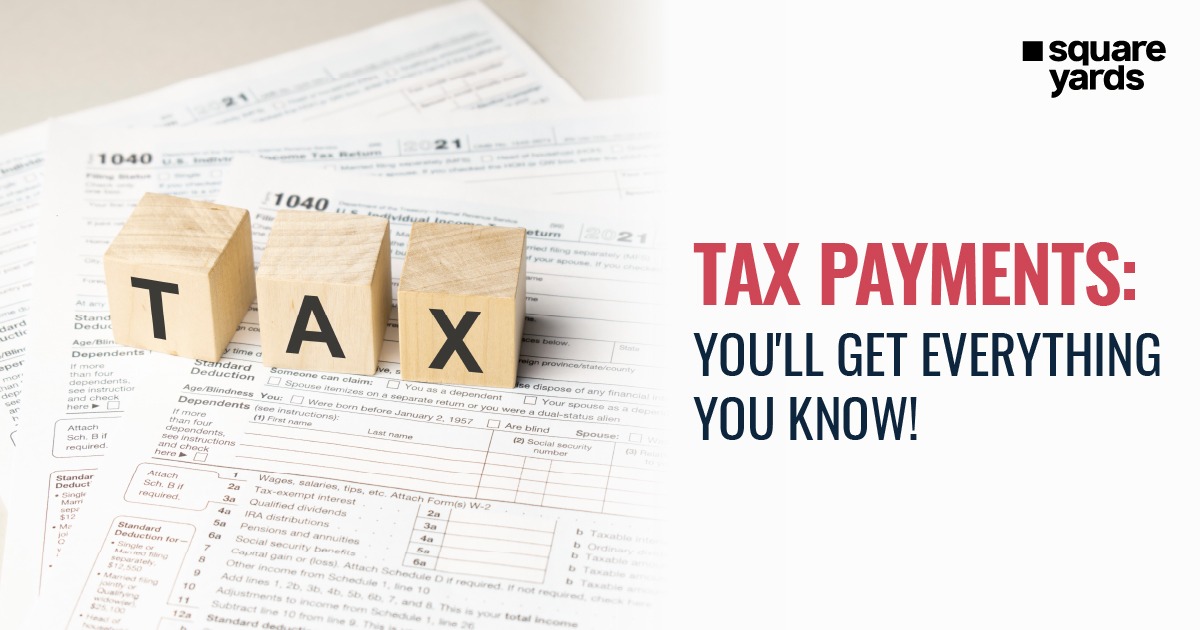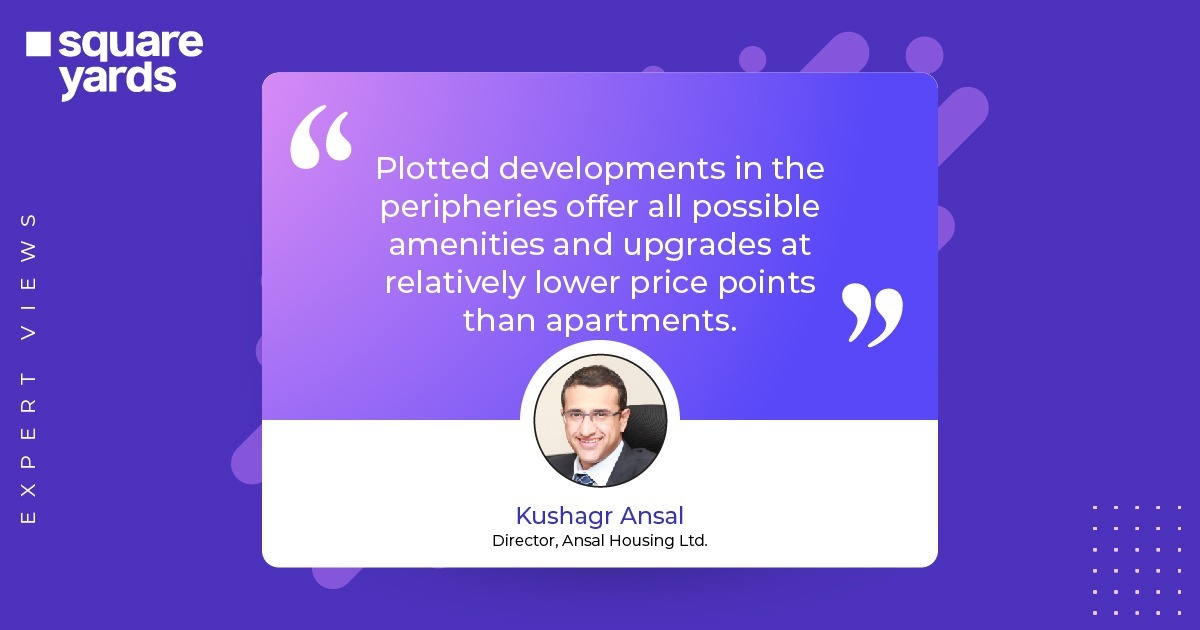Yes, staying on rent is usually the first thing we do whenever we travel to any other city for a long time owing to work or other professional pursuits. However, have you ever stopped to wonder about the proportion of your salary that should be spent on rent? This is something that has always sparked a wide debate amongst financial management experts since it usually traverses across specific priorities, goals and diverse financial scenarios.
How much should you then spend on rent?
Of course, there are various kinds of rental properties that you can check out and these have varying rates as well. The thumb rule is to go by the salary that you draw at all times. Here are some things to keep in mind in this regard:
- 30% of your net take-home salary is the maximum that you should be spending on your rental accommodation as per experts and this should cover aspects like water, maintenance and electricity. Suppose you draw a salary of Rs. 50,000 every month. In this case, the rent should be a maximum of Rs. 15,000 a month.
- You should first zero in on where you wish to stay at the very outset along with the overall security and safety in the neighbourhood and also the distance to your place of work, overall connectivity and basic social facilities nearby.
- These aspects should be carefully considered prior to taking a final decision. You may get a good accommodation in a good neighbourhood at a comparatively lower rental rate although your workplace commute may be longer and costlier. As a result, a smaller but slightly higher priced rental unit nearer your office could also be a better choice. It all depends on how you perceive the situation and what matters most to you.
- Rental rates usually go up considerably in prime and posh localities with the very best connectivity and social amenities. So if you wish to stay in an exclusive neighbourhood, you will naturally have to shell out a higher amount as rent along with a hefty deposit in many cases.
- In expensive cities such as Mumbai, many people spend up to a whopping 50% or at least 40% of their monthly salary on paying rent. The cost of rental accommodation continues to be on the higher side throughout the country in spite of overall yields from rentals dropping to an average of 2-3% annually in India.
- HRA (House Rent Allowance) is provided for those employees who are salaried. Under Section 10 (13A) of the Income Tax Act, you can claim deductions/exemptions on HRA in case you are residing in rented accommodation and get HRA from your company. This is of course dependent on the HRA amount that you are getting, the rental amount paid exceeding 10% of salary and also for metro cities, 50% of salary and 40% of salary for non-metros.
- Irrespective of what you are paying as rent, the maximum exemption that is possible has to be worked out. In case there is a big difference in the rent that you are shelling out and your basic salary, you may try negotiating with your HR for restructuring the package in order to show a higher basic salary figure.
Paying rent is a big responsibility
Rents equate to more responsibility, something that you should not avoid by all means. The best situation would be one where your monthly rent amount does not cross the HRA amount that is due to you. This will give you the highest benefits in terms of taxes. Yet, this is not possible in most cases since real estate is quite costly in urban centres. As a result, the salaried professional should always aim to find the right mix between several expenses on a monthly basis.
You should always have a clearly defined monthly budget in order to be clear on what is being spent where. The 30% thumb rule should be upheld while choosing any rental accommodation. If it is possible, try and get a lower proportion, i.e. 15-25% of your salary by negotiating with the landlord. This will keep your monthly expenditure on the lower side. You should also be skimping a little on eating out (don’t do it every day!), shopping and other luxuries. It all depends on what your priorities are. Home ownership is always a more sustainable option later in life along with ample security at retirement and goals like buying a car, weddings, higher education and so on.
You should invest as much as possible along with paying 30% of your salary as rent. This investment proportion should be as high as possible. You should ideally find a rental unit that is not very expensive and yet located in a decent neighbourhood which has the basic connectivity and facilities if not the best social infrastructure and transportation systems. Of course, the security factor should always be kept in mind along with commutes to your workplace. You can also lower the rental expenditure by sharing your apartment/living unit with roommates or shifting to PG accommodation at a lower rate.























